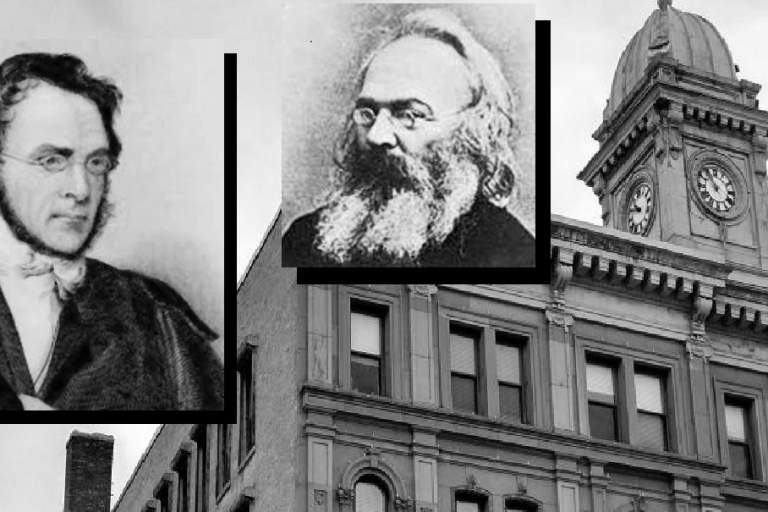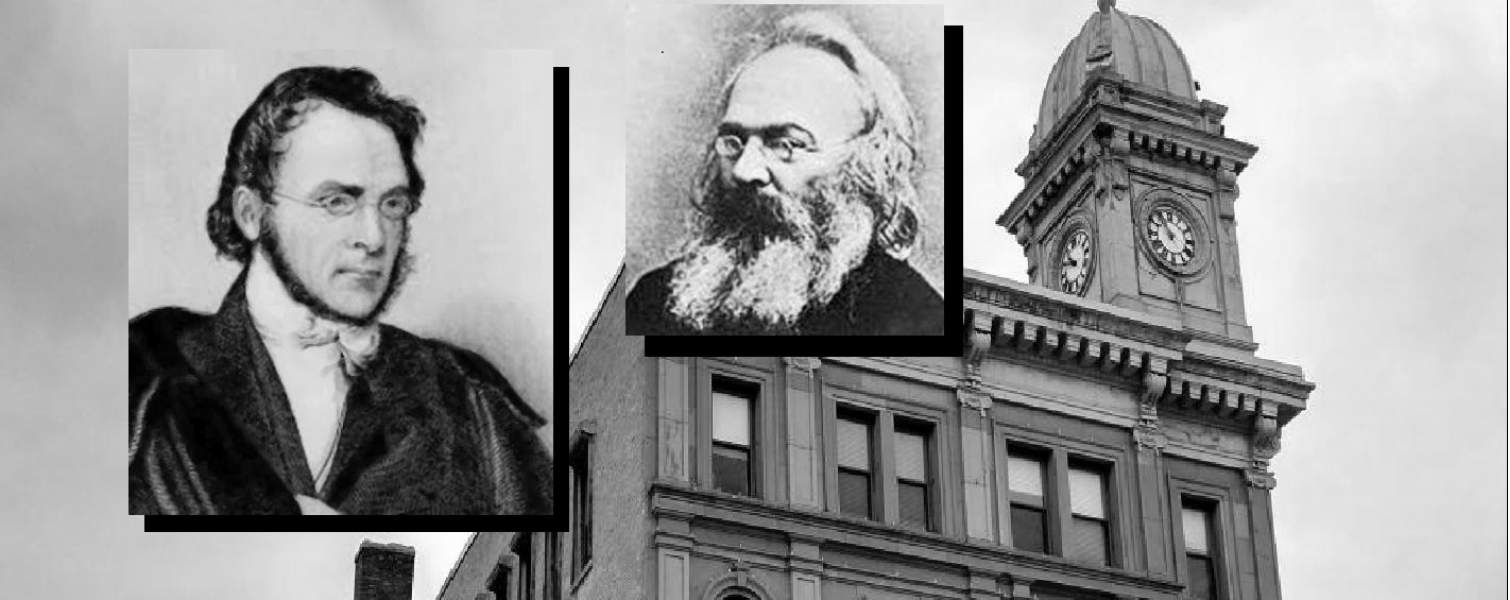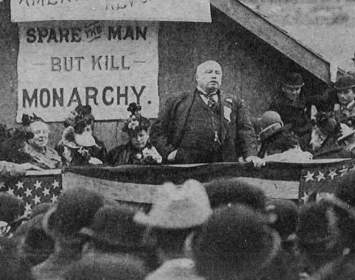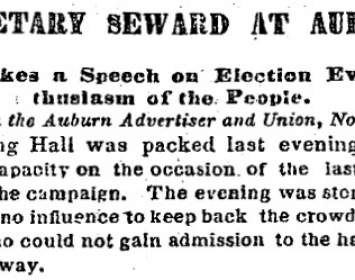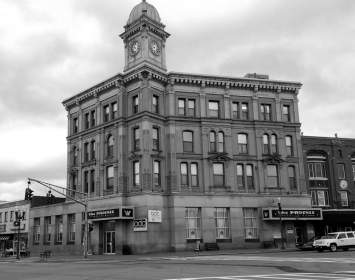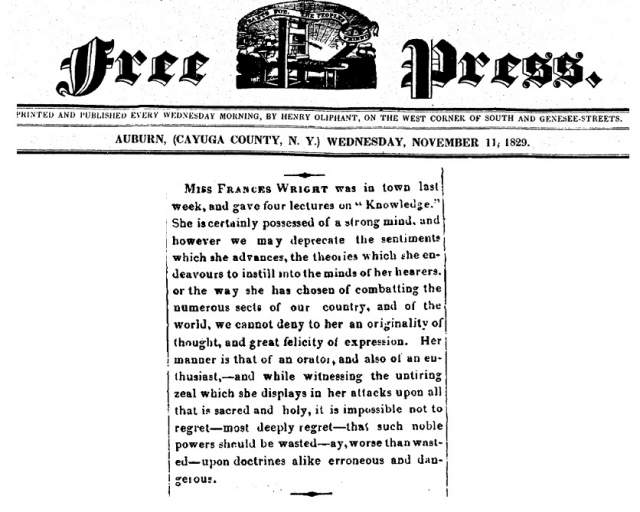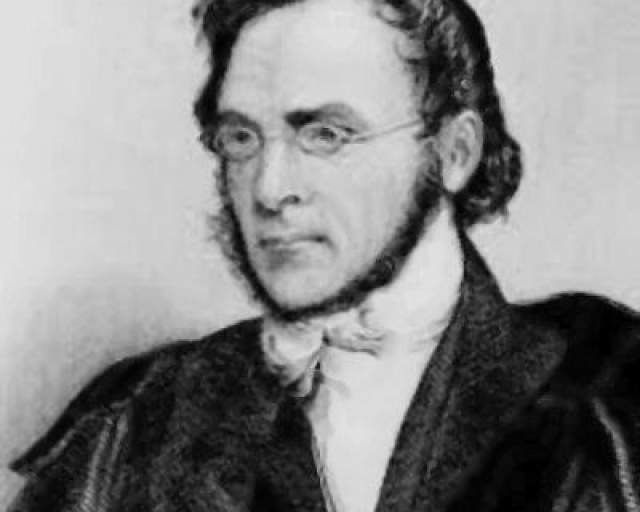
Orestes Brownson (1803–1875) is best remembered as a Roman Catholic intellectual and apologist and a conservative political thinker. But before his conversion to Catholicism in 1844, he underwent one the most eventful “spiritual” journeys of anyone in early- to mid-nineteenth–century America, including several years as a religious liberal, two intervals of private unbelief, and a roughly two-year period as an open, radical freethinker.
Brownson was born into a Universalist (i.e., religiously liberal) Vermont family. His father died when he was two. Destitute, his mother gave him up to a Congregationalist couple when he was six years old. His new family did not attend church because they found the preaching in the local Congregational church too evangelical; they taught Orestes the basics of the Reform tradition, but otherwise his early religious development centered on private Bible study.
At age fourteen, Brownson was reclaimed by his mother, who was then living in Ballston, near Saratoga, New York. He apprenticed to a newspaper editor who had socialist leanings, under whose tutelage he became displeased with the distinctions of wealth and class he saw in the resort community that was his new home. In adolescence, he read some Unitarian literature that not only failed to impress him but made him doubt all religion. At age seventeen, he declared himself an atheist. His first period of private unbelief would last about two years. At nineteen he wavered, joined a Presbyterian church, had a negative experience, and came away further reinforced in his unbelief. His second period of private unbelief would last about five years.
After further study and thought, in 1825 Brownson declared himself once more a Universalist and studied for the ministry. He was ordained in 1826, serving in a variety of churches. In 1827 he married; in 1828 he moved to Auburn, where he became editor of a Universalist paper, the Gospel Advocate and Independent Investigator. There he would enter upon his third period of unbelief. But this one would be exceedingly public.
Brownson wrote freely in the Advocate of his cascading doubts, leading more conservative clerics to label him “a secret agent of infidelity.” There was good reason: Brownson had defended New England radical and jailed blasphemer Abner Kneeland, wrote approvingly of radical freethinker Frances (Fanny) Wright, and opposed the evangelical campaign to end Sunday mail service. In October 1829, a more conservative Universalist cleric intrigued to buy the Advocate out from under Brownson and dismissed him.
Not long afterward, Brownson was visiting Utica and attended an antislavery lecture by Wright, after which the two met in person for the first time. Early in November Wright spoke in Auburn, presumably at Corning Hall, presenting her standard lecture "On the Nature of Knowledge"; she and Brownson then became close friends.
Unable to find other work in Universalist circles, in November 1829 Brownson became a corresponding editor of Wright’s freethought newspaper, the Free Enquirer. In September 1830, the Universalist General Convention ousted Brownson (and, coincidentally, Kneeland) on grounds of infidelity. For a time Brownson wore the “infidel” label with pride; he spent a few months in 1830 editing a secular workingman’s paper, but he soon wearied of socialist politics. More importantly, Brownson had begun to recoil from the aridity that many of his religious background would see in a life focused solely on reason. In fall 1830, he severed his connection with the Free Enquirer. He began preaching independently, claiming a sense of belonging with the Unitarians (then separate from the Universalists); he even launched a short-lived Unitarian newspaper.
Brownson wavered between religion and social activism until 1844, when he formally adopted Roman Catholicism. He spent the rest of his life as a politically conservative Catholic intellectual, establishing a significant historical reputation.
Still, for two exciting years, before fear of the void pulled him back to liberal religion and ultimately shunted him toward traditional Catholicism, Orestes Brownson’s brilliant mind belonged to freethought.
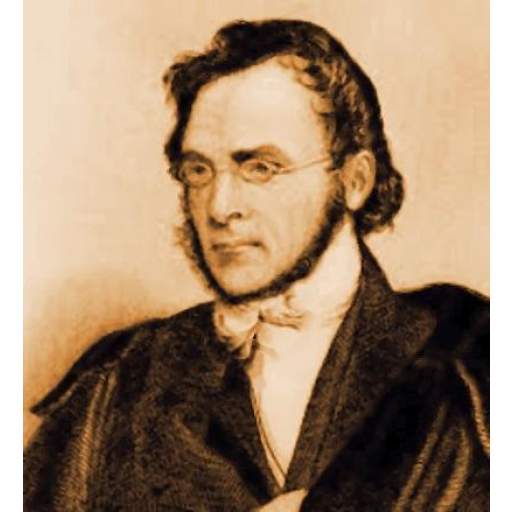
Orestes Brownson
Orestes Brownson.
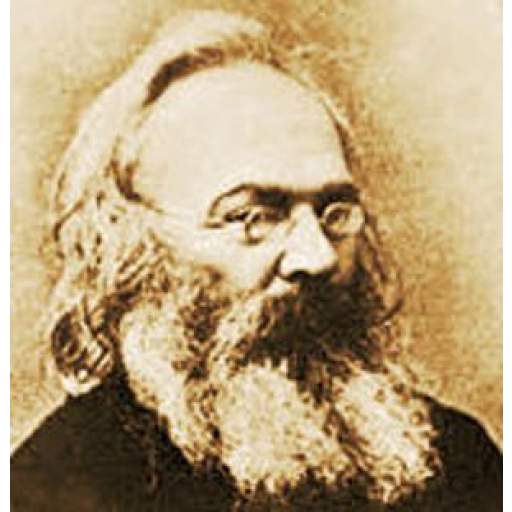
Orestes Brownson in old age
Orestes Brownson in later life. By this time, he had renounced freethought and established himself as a leading Catholic and conservative intellectual.
